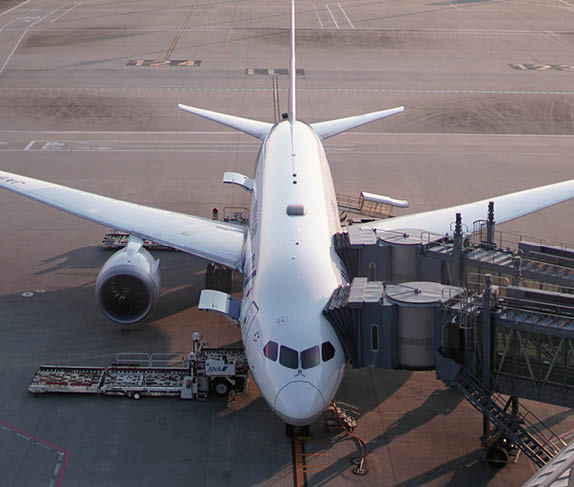London Heathrow Airport claimed a strong start to 2023 as its 16.9 million passengers left it as Europe’s busiest airport and second in the world for international travel.
The airport said it "remains loss-making", meaning it cannot "forecast any dividends in 2023 ", despite a 74% passenger traffic rise compared to Q1 2022.
Adjusted losses of £139 million in Q1 2023 were "due to the revenue allowance in the CAA’s H7 settlement being set too low", the airport said, adding that it has appealed the settlement.
Revenue climbed 57.8% year-on-year (y/y) to £814 million, the airport authority reported, with the adjusted losses an improvement on the £223 million for Q1 2022. Cash from operations rose by over 34% y/y to £374 million.
The airport said it was "delivering excellent and consistent passenger service", citing passenger surveys putting it above the "main EU hub rivals".
"Passengers can expect to travel as normal during the Coronation and half term peaks, regardless of further unnecessary strike action by Unite," the airport management said, after the trade union said security workers will go on strike in May after doing so in April.
The airport said it was trying to make the UK more competitive as a tourism destination, citing the return of flights to China and the addition of domestic routes provided by Loganair.
But it said the government should do its part by cutting VAT, which it said amounted to a "tourist tax" on shopping.
"We are building our route network to connect all of Britain to the growing markets of the world – now we need the government to lure international visitors back to the UK by scrapping the tourist tax," said outgoing chief executive John Holland-Kaye.
Heathrow's authorities also said the government should "move faster" to bring production of SAF to the UK. SAF, or s0-called sustainable aviation fuel, is being widely touted as a clean-energy alternative to fossil fuels such as kerosene.

